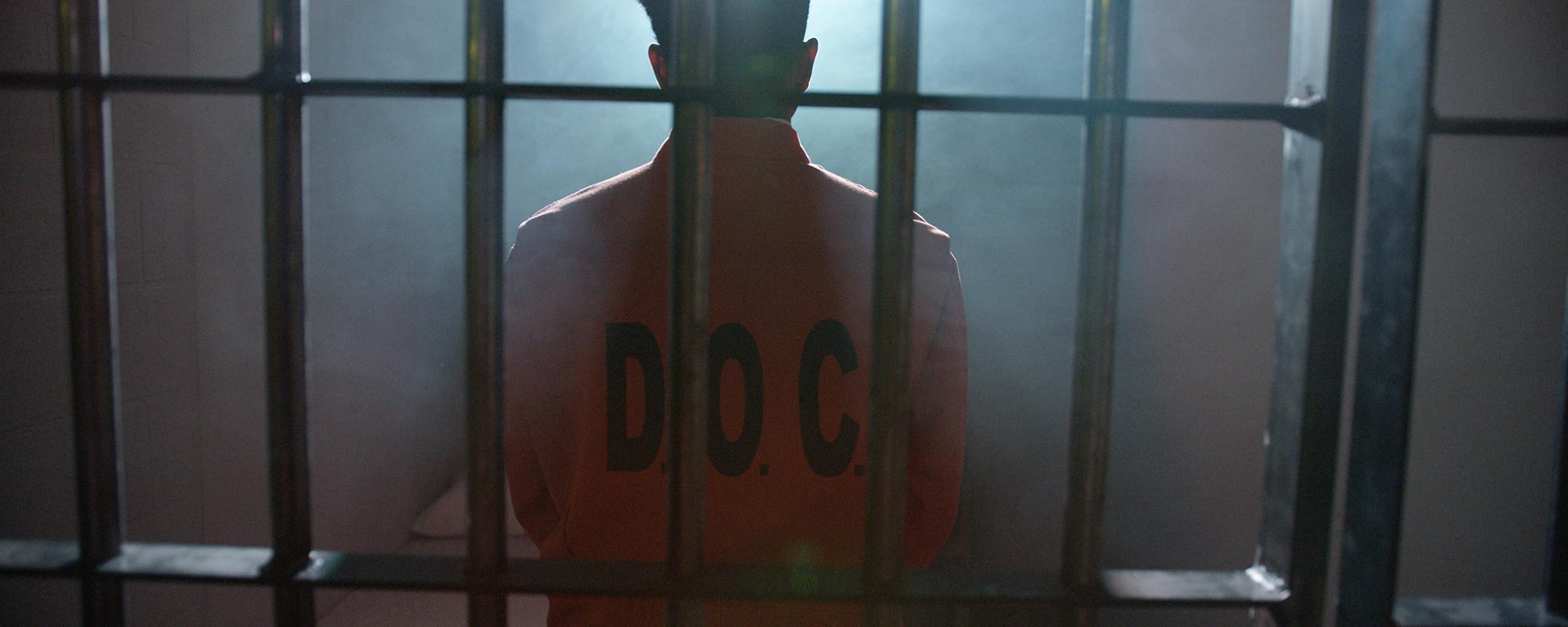April 1, 2021
An Ontario Court of Appeal decision has handed a victory to advocates of the rule of law and government accountability.
In Francis v. Ontario, released on March 31, 2021, the Court was asked to consider an appeal of a decision in which the Ontario government was ordered to pay $30 million in damages to members of a class proceeding. The class members were individuals who had been placed in administrative segregation (solitary confinement) in Ontario correctional institutions between April 2015 and September 2019 – particularly those with a serious mental illness and those placed in solitary for longer than 15 consecutive days.
The Crown had appealed the lower court’s decision arguing that there was no breach of Charter rights and no government negligence. The Court of Appeal rejected both arguments. The Court agreed with other Ontario decisions that found that the practice of solitary confinement is a violation of section 7 of the Charter (the right to life, liberty and security of the person, and the right not to be thereof except in accordance with the principles of fundamental justice) and section 12 of the Charter (the right to be free from cruel and unusual punishment).
On the negligence question, the Crown relied in part on the Crown Liability and Proceedings Act (CLPA), a statute passed in 2019 which had the potential to significantly expand the scope of Crown immunity. Under the law before the CLPA was passed, the government was not liable for negligence in respect of “policy matters” but could be held liable for negligence with respect to “operational matters”. Under the CLPA, the same rule applied, except that the definition of “policy matters” in the statute was exceptionally broad, and arguably eliminated any meaningful distinction between policy and operation.
CCLA was deeply concerned about this law when it was introduced, since it had the potential to seriously undermine valid attempts to hold the government accountable for wrongs through civil litigation. We have been intervening in cases where courts have been asked to interpret it. In Leroux v. Ontario, a recent decision of Ontario’s Divisional Court, the CCLA had intervened to argue that an expanded immunity for the Crown crossed into unconstitutional territory by ousting the jurisdiction of superior courts. In Leroux, the Court ultimately determined that it did not need to address the interpretation of the CLPA and decided the case on other grounds.
In Francis, the CCLA also intervened on the question of the CLPA’s interpretation. The Ontario Court of Appeal engaged directly with the issue and found that, absent clear language in the statute, it could not be interpreted as changing the common law of Crown immunity. The Court relied in part on statements made by the Attorney General when the law was introduced, which said that it sought to simply codify the common law.
The Court’s decision is a victory for those who care about government accountability. We are grateful to Jonathan Lisus, Phillip Underwood and Zain Naqi of Lax O’Sullivan Lisus Gottlieb for their excellent pro bono representation in Francis and to Jennifer Hunter and Jacqueline Palef of Lerners LLP for their excellent pro bono representation in Leroux.
Cara Zwibel is Director of Fundamental Freedoms at Canadian Civil Liberties Association
About the Canadian Civil Liberties Association
The CCLA is an independent, non-profit organization with supporters from across the country. Founded in 1964, the CCLA is a national human rights organization committed to defending the rights, dignity, safety, and freedoms of all people in Canada.
For the Media
For further comments, please contact us at media@ccla.org.





